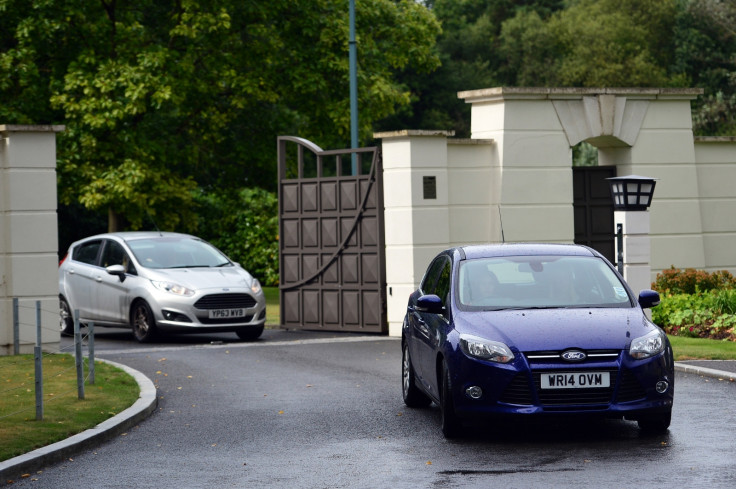Police Leak to BBC Over Cliff Richard Raid Caused 'Irreparable Damage'

Police have been heavily criticised over their handling of a raid at the home of Sir Cliff Richard that was broadcast live by the BBC.
South Yorkshire Police (SYP) has been described by MPs as being "utterly inept" for telling reporters when the raid on the singer's home was going to take place on 14 August so the BBC could prepare a live broadcast.
A report by the Home Affairs Select Committee looking into how the corporation was tipped off that officers would be searching Richard's home said SYP should never had "cut a deal" with the BBC after a reporter threatened to run a story about the investigation.
Richard was questioned but not arrested by police following allegations a boy under the age of 16 was sexually assaulted at a rally for a US evangelical Christian preacher Billy Graham in 1985. He fervently denies the allegations and has vowed to clear his name.
Keith Vaz, the committee chairman, said that "no British citizen should have to watch their home being raided by the police live on television" and criticised the police for granting the BBC reporter privileged access to the execution of a search warrant.
The BBC said their reporter was given the information after approaching the police with an inquiry about the singer. The report said that while police do occasionally take the unusual step in naming a suspect during an investigation – for example, if doing so would be in the public interest or to encourage any potential victims to come forward – it was not justified in this case.
The committee said the force should have told the BBC that if they went ahead and ran the story prematurely it could have damaged the investigation and should not have allowed them to film the raid as part of a negotiation deal.

Vaz said as a result Richard has suffered "enormous and irreparable damage to his reputation" and is owed an apology from SYP.
However, despite the flawed process, the report added the BBC were "well within its rights" to run the story.
Vaz added: "South Yorkshire Police's handling of this situation was utterly inept. The force allowed itself to hand over sensitive information to a journalist and granted him privileged access to the execution of a search warrant.
"The email exchanges could easily be mistaken for a script from The Bill. The force should have refused to co-operate and explained to senior BBC News executives why the premature broadcasting of a story, which they claimed the journalist threatened, would have prejudiced the investigation."
"Police forces should consider carefully how they deal with approaches from journalists on such matters in the future. Someone in possession of sensitive information decided to leak details of the investigation to the media. We deplore this.
"South Yorkshire asserts that the journalist stated it came from Operation Yewtree. The journalist denies this. South Yorkshire should have alerted the Metropolitan Police immediately. Their reasons for failing to do so are unsustainable."
A South Yorkshire Police spokesperson said its actions were "well-intended [but] ultimately flawed".
A BBC spokesman said: "The committee chairman has already said that the BBC acted "perfectly properly" in handling this story, and we're pleased today's report confirms this.
"Our reporter said very clearly he did not reveal his sources to South Yorkshire Police. We stand by his account."
A Scotland Yard spokesperson said there is no evidence the leak came from their Operation Yewtree inquiry and any suggestion otherwise causes them "grave concern".
A spokesperson added: "Officers who have responsibility for Operation Yewtree have worked for years to build trust amongst the victims of abuse, giving many of them the confidence to speak out and report offences.
"Over the last two years the Yewtree team has routinely handled and received a significant amount of information and intelligence that is high-profile, sensitive and newsworthy, none of which has come into the public domain."
© Copyright IBTimes 2025. All rights reserved.




















